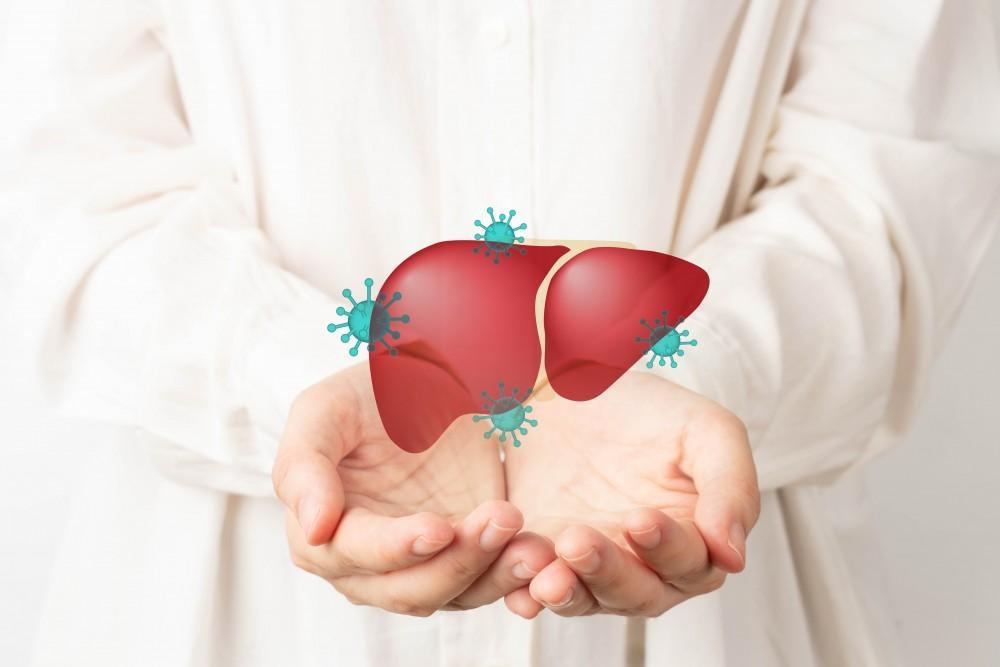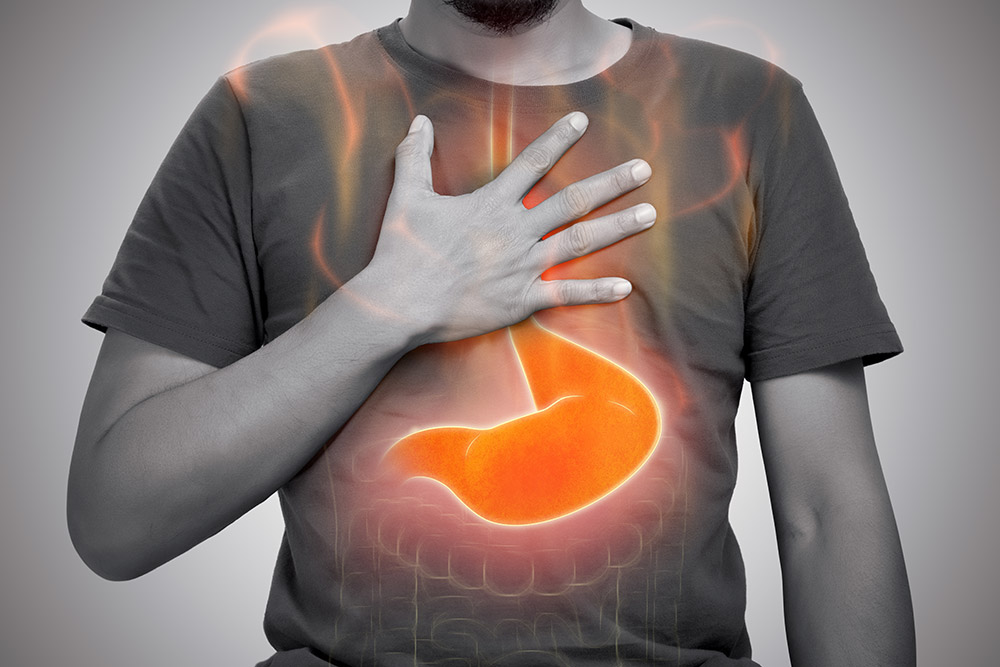What Is Reflux Esophagitis?
Reflux esophagitis happens when stomach acid flows back into the esophagus. This acid causes irritation and swelling in the esophageal lining, which over time may lead to pain and damage. The ICD-10 code for reflux esophagitis is K21.0.
Common Causes and Risk Factors
- Hiatal hernia
- Obesity or sudden weight gain
- Smoking or alcohol use
- Foods and drinks that trigger acid (spicy, fatty, acidic, chocolate, caffeine)
- Pregnancy or hormone changes
- Medications that relax the esophageal muscle
Signs and Symptoms
- Persistent heartburn
- Sour or bitter taste in the throat or mouth
- Chest pain, often worse when bending or lying down
- Trouble swallowing (dysphagia)
- Hoarseness, chronic cough, or asthma-like symptoms
- Feeling of a lump in the throat (globus sensation)
How Dr. Rishi Chadha Diagnoses Reflux Esophagitis?
Medical History and Physical Exam
Dr. Chadha reviews your symptoms, dietary habits, medication use, and known risk factors to understand your reflux pattern.
Upper Endoscopy (EGD)
A thin, flexible scope with a camera inspects the esophageal lining for inflammation, ulcers, or Barrett's changes.
24-Hour pH Monitoring
A small probe or wireless capsule measures acid exposure in your esophagus over a full day, correlating symptoms with acid events.
Esophageal Manometry
Pressure sensors evaluate the strength and coordination of esophageal muscles and the lower esophageal sphincter.
Barium Swallow X-Ray
You drink a contrast solution while X-rays track its flow, revealing structural abnormalities like strictures or hiatal hernia.
Frequently Asked Questions
What is reflux esophagitis?
It's when acid from the stomach inflames the esophagus lining.
What foods should I avoid?
Skip spicy foods, citrus, coffee, chocolate, soda, and alcohol.
What is the ICD-10 code?
The code is K21.0, used for tracking and medical billing.
What tests help confirm this condition?
Upper endoscopy, 24-hour pH testing, esophageal manometry, and a barium swallow X-ray.
Will diet alone cure it?
Diet changes help, but many patients also need medication or additional therapies.
How long does it take to get better?
Some patients feel relief in weeks, though full healing can take several months.
Are acid medicines safe for long-term use?
Yes-when monitored by your physician through regular checkups.
Can reflux cause more serious problems?
Yes. Untreated reflux may lead to ulcers, strictures, or Barrett's esophagus.
Do I need surgery?
Surgery or endoscopic procedures are considered if lifestyle changes and medications aren-t enough or for a lasting solution.
Where does Dr. Chadha see patients?
At GastroDoxs near the Texas Medical Center and at Memorial Hermann locations in Houston.











